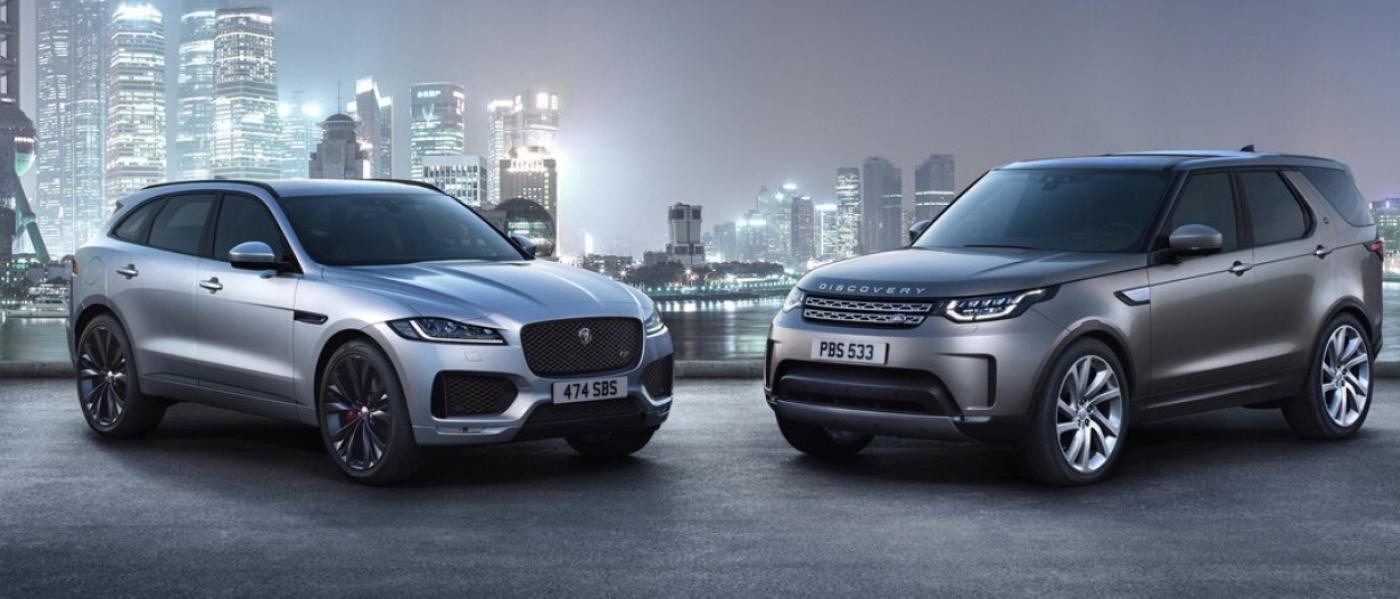Jaguar Land Rover Halts U.S. Exports in Response to Trump’s Import Tariffs

In a significant move that highlights growing global trade tensions, Jaguar Land Rover (JLR) has announced a temporary pause in its vehicle exports to the United States. The decision comes in response to a new 25% import tariff imposed by U.S. President Donald Trump on foreign-made cars, aimed at protecting the domestic automotive industry.
U.S. Market Crucial for JLR
Jaguar Land Rover, owned by India’s Tata Motors, exports around 100,000 vehicles to the U.S. annually. Models like the Range Rover Sport and the Defender have become popular across the Atlantic, and the American market accounts for nearly a quarter of the company’s global sales. This makes the U.S. one of JLR’s most vital regions for business.
With the newly introduced tariffs, JLR vehicles built outside the U.S. face a sharp increase in cost for American consumers. As a result, the company has chosen to temporarily halt shipments while it evaluates the impact and explores strategic responses with its partners.
Managing the Transition
For now, JLR still has a solid inventory of vehicles already on American soil — these cars are not affected by the new tariffs. This gives the automaker some breathing room as it adjusts to the changing trade landscape. The export pause is a proactive step, allowing time to assess potential pricing adjustments, production shifts, or even longer-term solutions like local assembly.
This move underscores the broader implications of protectionist trade policies, not only for automakers but also for international supply chains and consumer markets. Other European and Asian car manufacturers are also monitoring the situation closely, as tensions between the U.S. and its trade partners continue to escalate.
Whether this tariff battle will lead to lasting change or short-term market disruption remains to be seen, but for now, Jaguar Land Rover has taken a firm stance — hitting pause, and preparing for what’s next.